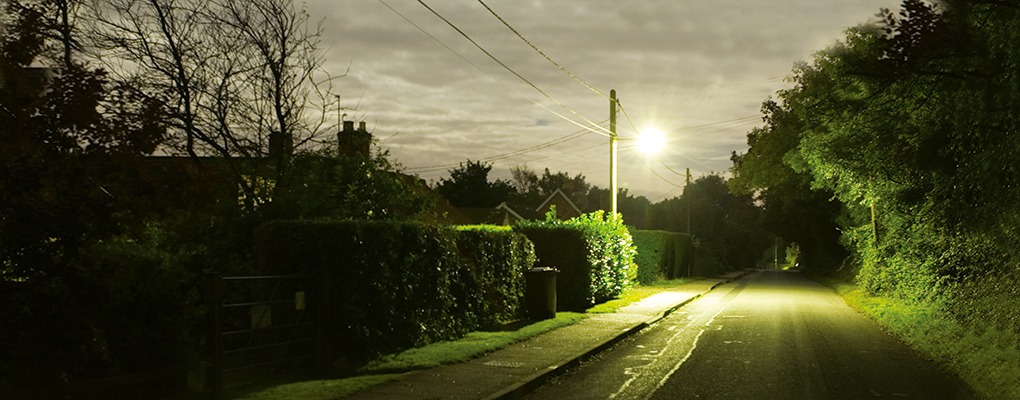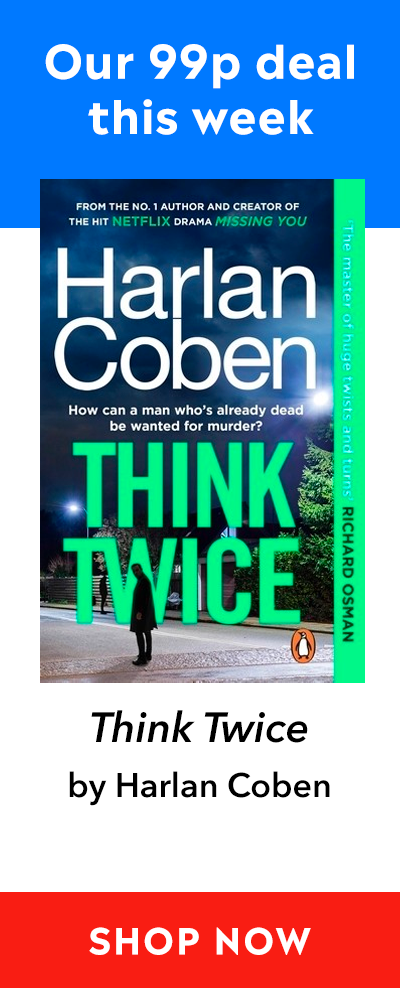Features
Dear Reader: a letter from Eva Dolan
Dear Reader,
Having dug into far right extremism and the murky world of exploited migrant workers in previous books, this time I wanted to explore how the political becomes personal and how those on the frontline of a contentious issue like the right to die can become a target simply for speaking out. More than that though I wanted to write a book about families and how they cope in the aftermath of a tragedy. What it means to be a carer, the demands it makes on a person, how wider society measures their worthiness, and what happens when they fail to meet those standards.
The third Zigic and Ferreira novel, After You Die, sees them leaving the mean streets of Peterborough for a pretty stone and thatch commuter village on the outskirts of the city. It’s a place where Zigic feels no hate crime should be committed – too affluent, too civilised – but a paralysed teenager, a vocal right to die blogger, has been found dead in her bed and her mother murdered in the kitchen below.
The accident which paralysed Holly has led to the break-up of her parents’ marriage, the loss of their business and her mother, Dawn, finds herself acting as sole carer, putting her own needs and wants aside as she struggles to fulfil the role of the perfect mother. Their deaths cause new cracks to open up and old ones to widen and these fault lines will ultimately destabilise several families.
The inspiration for the book was the heart-breaking real life case of Fiona Pilkington, who, along with her son and disabled daughter, Francecca, had endured years of abuse and harassment due to Francecca’s disability. In the end Fiona killed her daughter and herself. It was a case which shocked and disgusted me and I couldn’t stop thinking about the sheer impossibility of their lives, the scale of despair which would drive a mother to do that.
In a climate of benefit cuts and damaging government rhetoric on disability, with a steady stream of heavily biased documentaries about ‘scroungers’ who game the system, it’s little wonder hate crimes against the disabled are rising and that, as a group, they are being gradually othered. Which is why Holly is such an important character for me. She may be dead but we hear her voice and see her determination to keep fighting for what she believes in despite a campaign of cyber-bullying to silence her.
After You Die has proven to be the most challenging book I’ve written, because I began it as a firm believer in the right to die. But as I researched the opposing sides of the debate I came to appreciate that not everyone’s families and partners have their best interests at heart. Pro-life campaigners have questioned how much coercion might come into play, whether this is a path which leads to eugenics, and it’s an issue I’ve explored through Holly and her family, who have wrangled with her desire for ‘a good death’ and their own fears of losing her.
While After You Die is first and foremost a crime novel, I hope, in some small way, it sheds a light on the suffering of people who are already marginalised, often ignored by the police, and dealing with problems which could affect any of us. A twist of fate, a shock diagnosis, we’re all only one terrible moment away from being in the same position.
Eva Dolan


Please note: Moderation is enabled and may delay your comment being posted. There is no need to resubmit your comment. By posting a comment you are agreeing to the website Terms of Use.